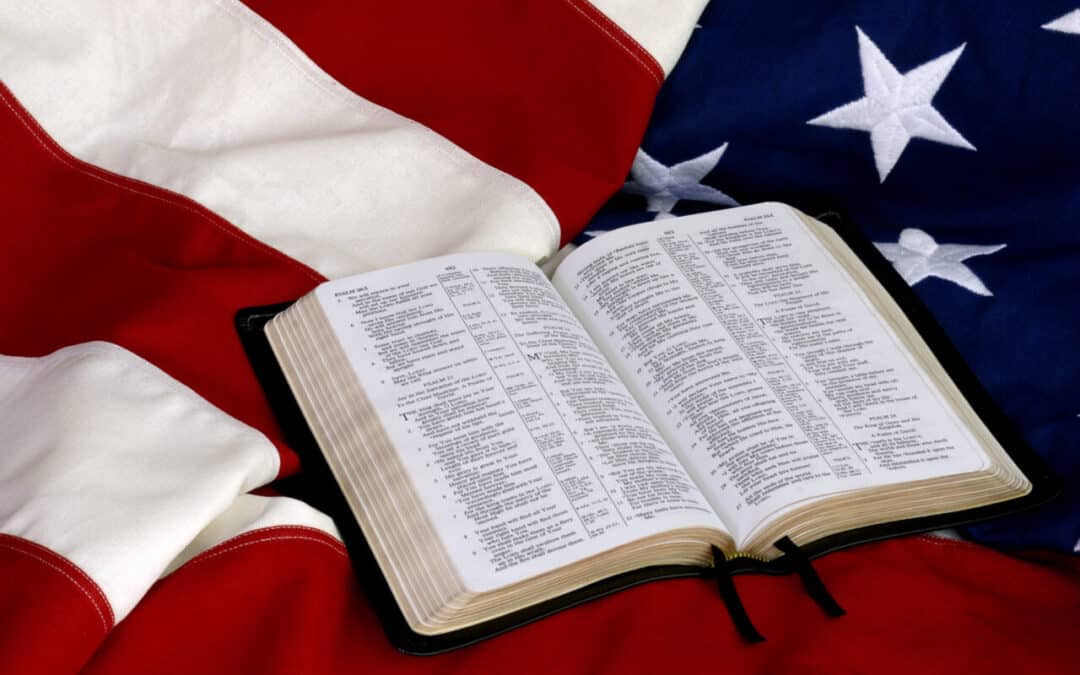
The Wilderness
I guess it’s meant for every believer to go through at least one personal wilderness experience in his or her lifetime, and that encounter can look different for each of us. Of course, I don’t refer to a literal wilderness, but rather a metaphorical one. Just the same, it’s typically the last place any of us ever want to be. It’s a place in our lives when we sometimes tend to question where we’ve been, resent where we are, and maybe even fear where we’re heading. It’s a hard, barren, and often lonely place where we can be tempted to question God’s purposes. Perhaps you’re about to enter a wilderness experience in your life, you’re in one now, or you just went through one. Whatever the case is, you probably don’t like the wilderness much, and why should you? You’ve either learned firsthand or heard say that it’s never comfortable. Yet God occasionally sees fit to lead us into a wilderness and keep us there until we emerge changed by the encounter and better for it. When we’re in such a place, we must remember and take comfort in the truth that God does all things for our good (Romans 8:28) and that He will never leave us or abandon us (Hebrews 13:5). We may struggle, but He’ll work it all out if we remain faithful. What we don’t want to do is allow the wilderness experience to make us angry, bitter, or fearful because, in the end, these will only reveal an underlying lack of faith and unbelief. Remember, it was unbelief that kept the children of Israel under Moses in the wilderness and out of the Promised Land (Hebrews 3:19).
It’s easy to let emotions and spiritual shortsightedness get the best of us, and if we’re ever going to fall prey to unbelief, it will happen in the wilderness, when our struggle is the greatest and we’re at our weakest. But God’s word admonishes us to guard our hearts with all diligence (Proverbs 4:23). So then, while on the one hand, the wilderness is where we run the risk of losing sight of God, on the other hand, it’s where God sometimes performs His mightiest works and where we are able to draw especially close to Him. After all, if He leads us into the wilderness, then He must have a reason and He will see us through. Nevertheless, it all comes down to us and how we choose to view the wilderness experience. If God is God in our lives, then the wilderness will prove us faithful. If we think that life is all about us, then our wilderness experience will lead to a far different conclusion.
THE CHILDREN OF ISRAEL
The Bible tells us that the children of Israel under Moses failed their wilderness encounter. Only the youngest of them entered the Promised Land along with Joshua and Caleb while the generation that initially came out of Egypt was consumed because they could not see past their own wants and desires. In other words, as far as they were concerned, it was all about them—their needs, their wants, their comfort, their preferences. When they thirsted, they cried for water. When they were tired of manna, they grumbled for meat. When they grew weary with roaming, they demanded that God bring them out of the wilderness and voiced their displeasure and regret for ever having followed Him in the first place. They did not see any good purpose for being in the wilderness. In fact, as far as they were concerned, they were certain that the wilderness was part of God’s plan to destroy them. Yet, while there is no doubt that the children of Israel faced some hardships during their wandering, God’s ultimate purpose for their journey was totally different.
THE PURPOSE
In Deuteronomy 8:1-3, we read:
“All the commandments that I am commanding you today you shall be careful to do, that you may live and multiply, and go in and possess the land which the LORD swore to give to your forefathers. And you shall remember all the way which the LORD your God led you in the wilderness these forty years, that He might humble you, testing you, to know what was in your heart, whether you would keep His commandments or not. And he humbled you and let you be hunger, and fed you with manna which you did not know, nor did your fathers know, that He might make you understand that man does not live by bread alone, but man lives by everything that proceeds out of the mouth of the LORD.” (NASB)
These verses show that God’s ultimate purpose for bringing the children of Israel into the wilderness was to prepare them for the Promised Land. Every step they took was ordered of the Lord. There was not a place where they went that God had not led them. Their entire experience was designed to humble them to the point where all that mattered was God’s word and their obedience to it. In other words, it was designed to make them stronger. It was their obedience that would confirm what was in their hearts and prove their faith, but they didn’t get it. As a result, neither did they enter the Promised Land. Now Paul tells us that these things were written for our examples that we might not fall into the same trap.
Our personal wilderness experiences, if they are not of our own making and are unavoidable and out of our control, are ultimately designed by God to bring us to the exact same place He tried to bring the children of Israel—that is, they are designed to bring us to a place of strength, they are designed to make us spiritually stronger. The life of the true believer is exemplified by a total trust in the Lord demonstrated by faithful obedience to His word. Whether we have had any personal wilderness experiences yet to date or have been sheltered from them thus far, as believers we are entering a time in history and a place in society where hardship is soon to come to those who stand faithful. There is approaching a time when our hearts will be tried. If current events are any indication of what’s coming, we will need to be extremely careful not to allow ourselves to become angry, bitter, or fearful as a result of what we will see and experience. It’s up to us to guard our hearts with all diligence. It’s not about our needs, our wants, our comfort, our preferences, or even our happiness. It’s all about God and His purpose for our lives. Remember and take comfort in the truth that God does all things for our good and that He will never leave us or abandon us. Let’s humble ourselves to faithfully keep His commandments and encourage each other to do the same. We have our Savior, Jesus Christ (Yeshua Ha’Mashiach) Himself, as our example and the Promised Land awaits!
“Therefore, let us fear lest, while a promise remains of entering His rest, any one of you should seem to have come short of it.” (Hebrews 4:1 NASB)

